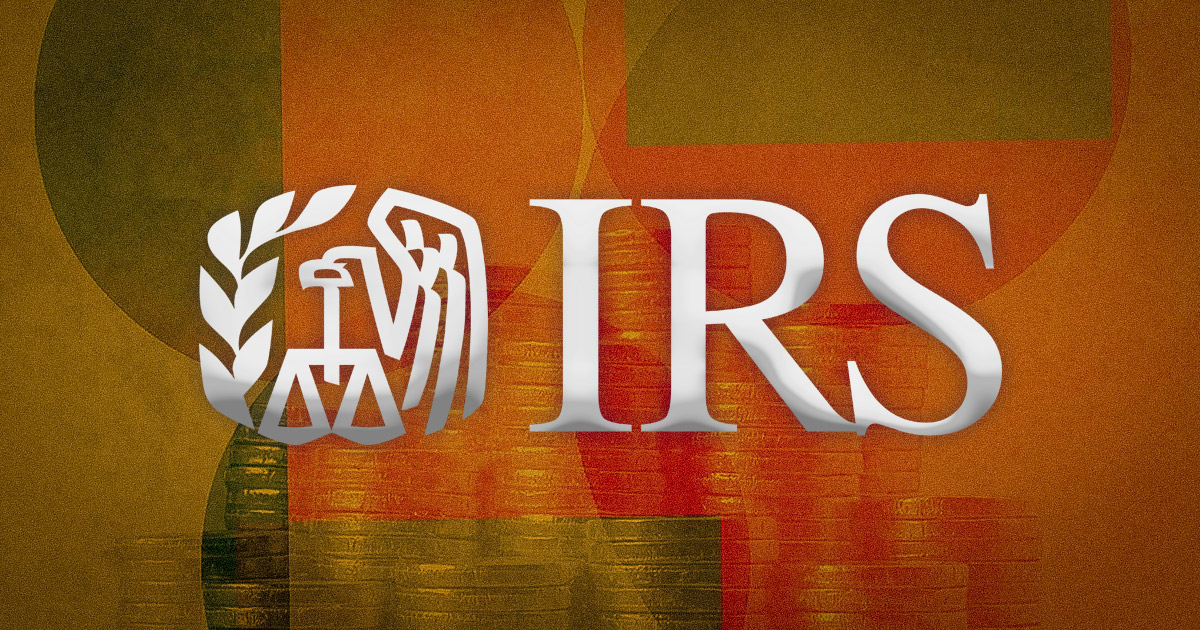
Two US agencies announced on January 16 that controversial transaction reporting rules do not apply to digital assets (i.e. cryptocurrency).
The Internal Revenue Service (IRS) and the Treasury Department said:
“Companies… do not have to report the receipt of digital assets in the same way they have to report the receipt of cash until the Treasury Department and the IRS issue regulations.”
In an attached announcement, the IRS and Treasury Department said:
“This announcement provides transition guidance… and clarifies that at this time, digital assets are not required to be included in determining whether cash received in a single transaction (or two or more related transactions) meets the reporting threshold.”
The two agencies said they plan to issue proposed regulations applicable to the receipt of digital assets at a later date. This allows the public to submit comments in writing and upon request at a public hearing.
Previous uncertainty surrounding the $10,000 reporting rule
The rule requires companies to report receiving more than $10,000 in cash within 15 days of receipt on Form 8300.
Currently, the text of the rule only refers to cash and not explicitly to digital assets. However, a specific law – the Infrastructure Investment and Jobs Act – was previously updated to treat digital assets as cash.
The IRS and Treasury Department acknowledged that change, but said the provision requires new guidance before the change takes effect.
The rule previously provoked complaints, especially from industry group CoinCenter. CoinCenter claimed that the rules started applying to crypto transactions in early January. It also expressed concern that the requirements could apply to entities unable to comply, such as blockchain miners, validators and decentralized exchange users.
CoinCenter has also challenged the rules in court. However, because that lawsuit has not made any progress since mid-2023 and has not been recognized by either agency today, the case apparently did not result in the agencies’ latest announcement.
The deferred rules only concern additional reporting requirements that apply to large transactions. General income tax rules still apply, requiring US crypto investors and transactors to report gains and losses on digital assets.

